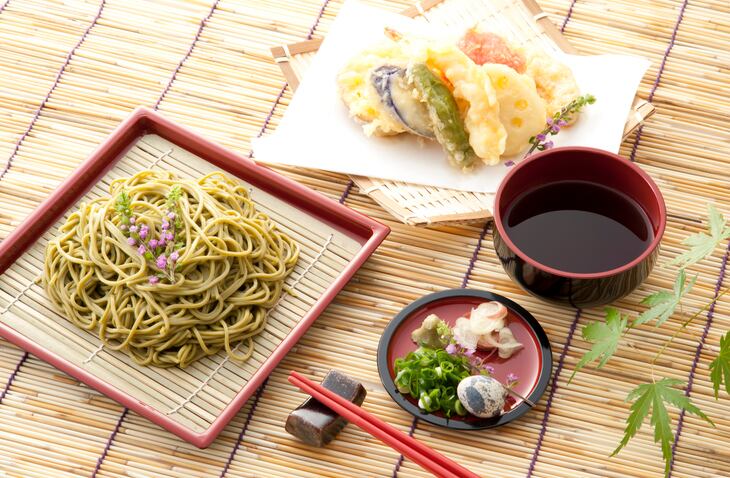Back in 2020, Japan announced its ambitions to expand food and agricultural exports to the JPY5tn goal by 2030 and since then the bulk of overseas exports and expansion has been overseen by the MAFF Global Farmers / Fishermen / Foresters / Food Manufacturers Project (GFP).
The department has focused on supporting various Japanese food businesses from producers to food manufacturers, traders, exporters and more to enter foreign markets since inception, but now MAFF believes that a more comprehensive and collaborative approach is necessary to accelerate progress towards its 2030 goal.
“The overseas expansion of all Japanese food and agricultural products requires a multi-faceted perspective to succeed,” MAFF stated via a formal statement.
“This includes areas such as overseas expansion strategising, overseas market development, market needs research, web marketing, branding, designing and more.
“So in order to capture the global market, we are looking to promote initiatives through public-private collaboration to create a co-creative environment, where experts with diverse skills can [come together and] transcend their fields to take on the challenge of overseas expansion together with export-oriented food businesses.”
According to the ministry, a lack of expertise in these areas beyond actual food manufacturing or trading has been cited by many Japanese businesses as a major hurdle in their expansion efforts.
“Although the export value of Japan's food [and agricultural] products has been at a record high for 10 consecutive years and the demand for Japanese food has been increasing, [there are still some challenges to overcome],” said the ministry.
“More and more export businesses are expanding overseas, but many of these businesses working on exporting have cited a lack of manpower that have the real expertise and know-how to expand in overseas markets as a major issue.
“This is the challenge we hope to tackle by encouraging co-creation with individuals that have in-depth knowledge in the diverse fields [mentioned above], and different perspectives not limited to within the agriculture or food industry.
“It has become evident that this sort of approach is essential to solving not only the challenges faced by businesses seeking to expand overseas, but also some issues faced by food business locally.”
The integration of the collaborative element will be considered a more ‘advanced’ form of the project, and GFP is expected to still play a major leading role here.
“MAFF will be collaborating with the Cabinet Office’s Professional Manpower Project to establish strategic bases of professional manpower in every prefecture in Japan, and the MAFF GFP’s nationwide network of export businesses will thus have an [on-the-ground] partner to work with to solve export issues,” it added.
“The planned process is to match the required manpower support to areas on a needs basis, and this will be determined based on interviews with the food and agriculture firms to determine their specific issues and expertise requirements.
“This expertise will be sourced from companies and organisations throughout Japan that match the ethos of this project and are eager to take on the challenge of transcending boundaries to achieve overseas expansion of the Japanese food industry together.”
Expertise for expansion
According to MAFF data, the most in-demand skill that has been determined to be lacking amongst local food firms has been identified as the development of overseas sales channels, which some 62% of businesses surveyed have requested help in.
This was followed by export strategy planning (43%), trade practice expertise (37%) and overseas marketing (33%). Other areas of concern included digital marketing, export regulatory compatibility expertise, production control and corporate branding.
“Areas such as international market research, competitive analysis, branding strategies that are applicable overseas, e-commerce site development, overseas sales negotiations and so on are of great interest in this project,” said MAFF.
“One example of successful external manpower having had a positive contribution to the food sector included a radio announced having helped in the development of apps to help rice farmers and companies.”





